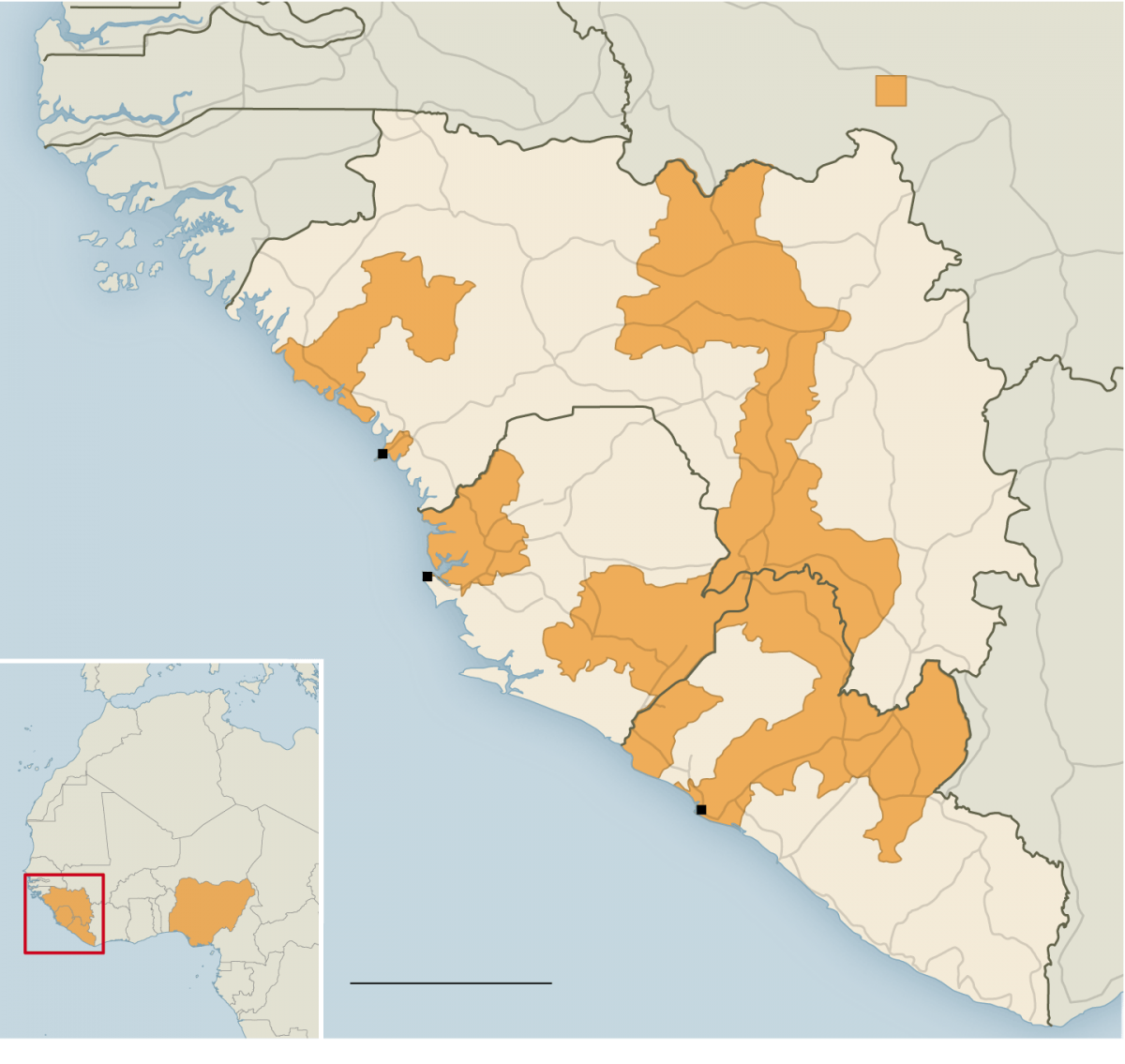Where is the Outbreak?

Source: United Nations Office for the Coordination of Humanitarian Affairs
nytimes.com - by Joe Burgess, Denise Grady, Josh Keller, Heather Murphy and Sergio Peçanha - August 6, 2014
What are the chances of getting Ebola in the United States?
Two American aid workers infected with the Ebola virus while working in West Africa are being treated at a hospital in Atlanta, in a containment unit for patients with dangerous infectious diseases. But the risk that anyone will contract Ebola in the United States is extremely small, experts say.
Doctors across the country are being reminded to ask for the travel history of anybody who comes in with a fever.
(READ COMPLETE ARTICLE)
Problem, Solution, SitRep, or ?:
Recent Comments